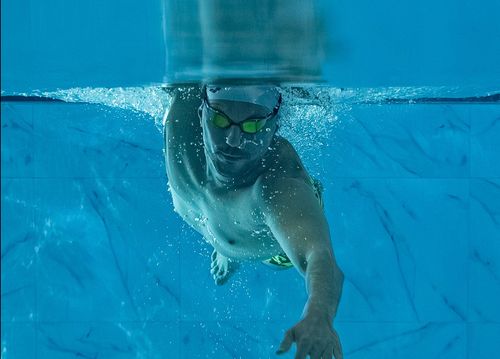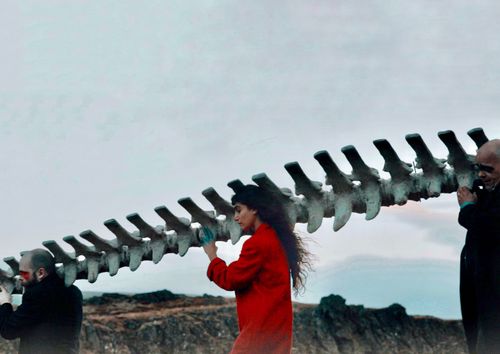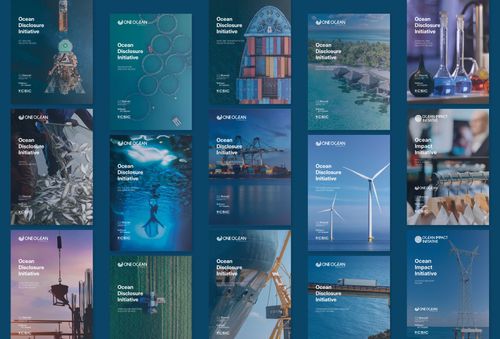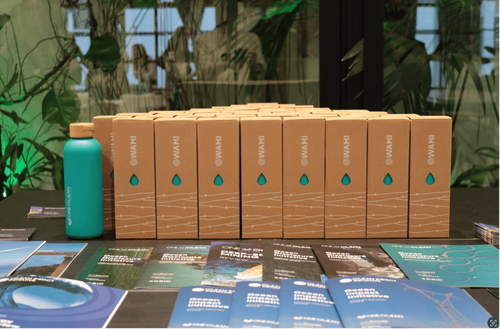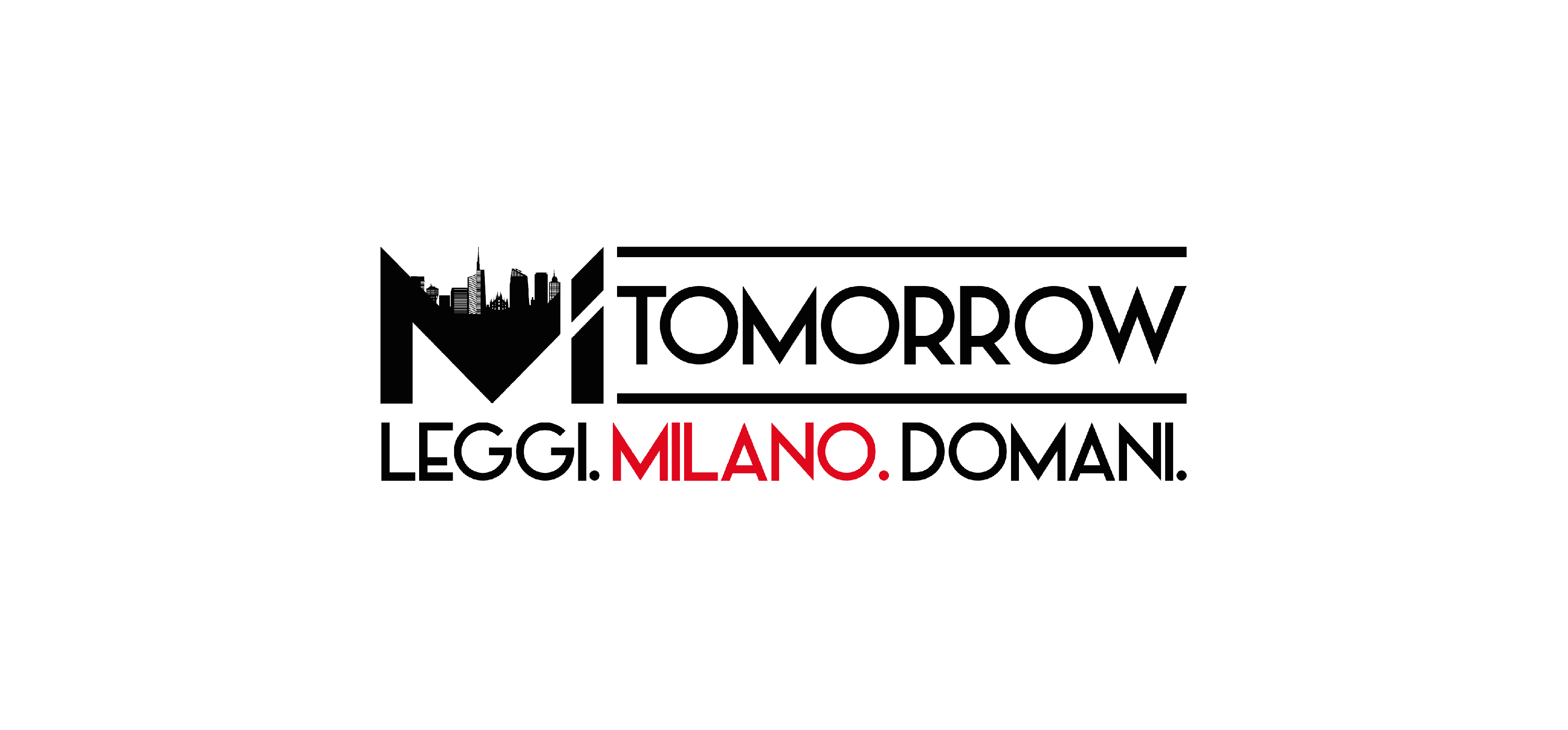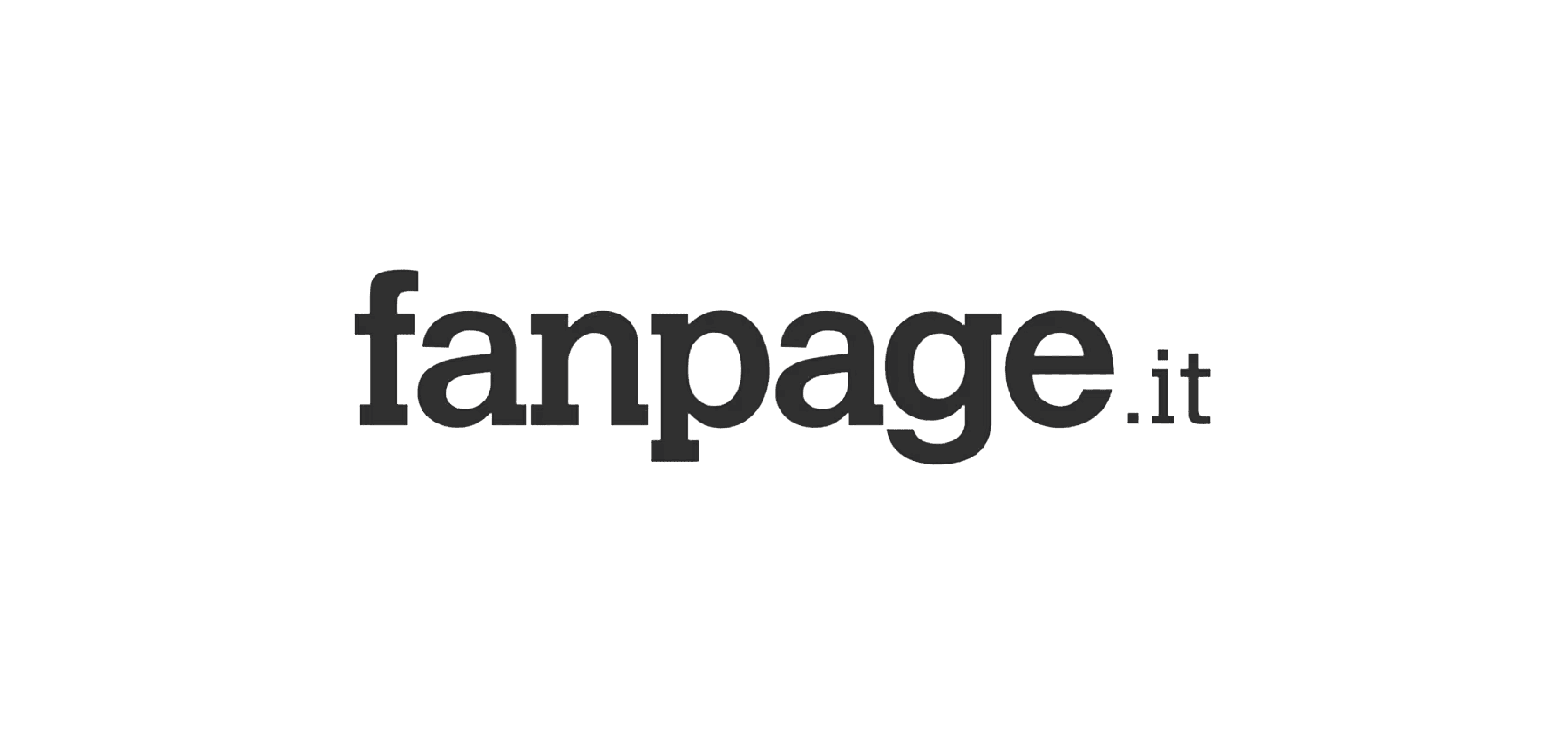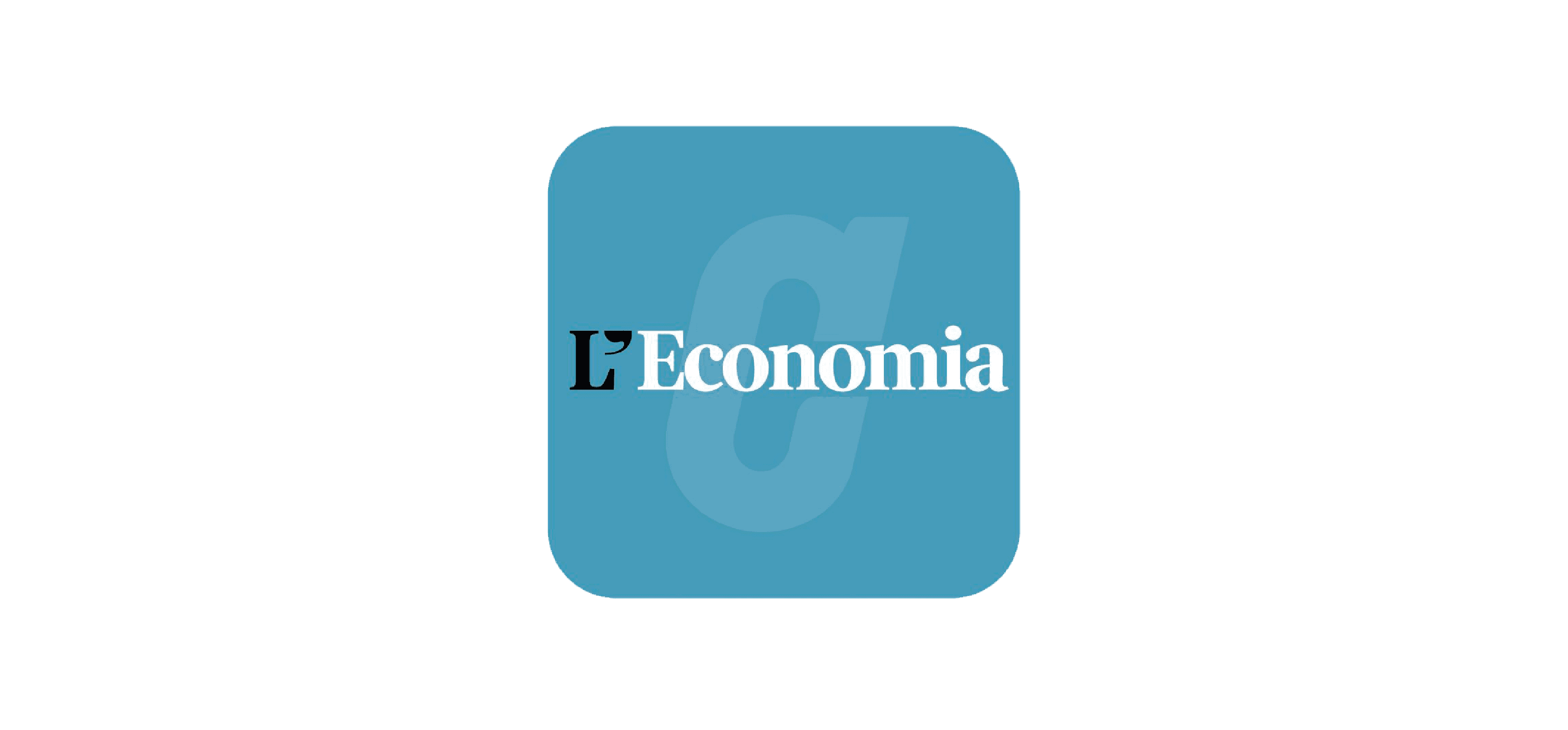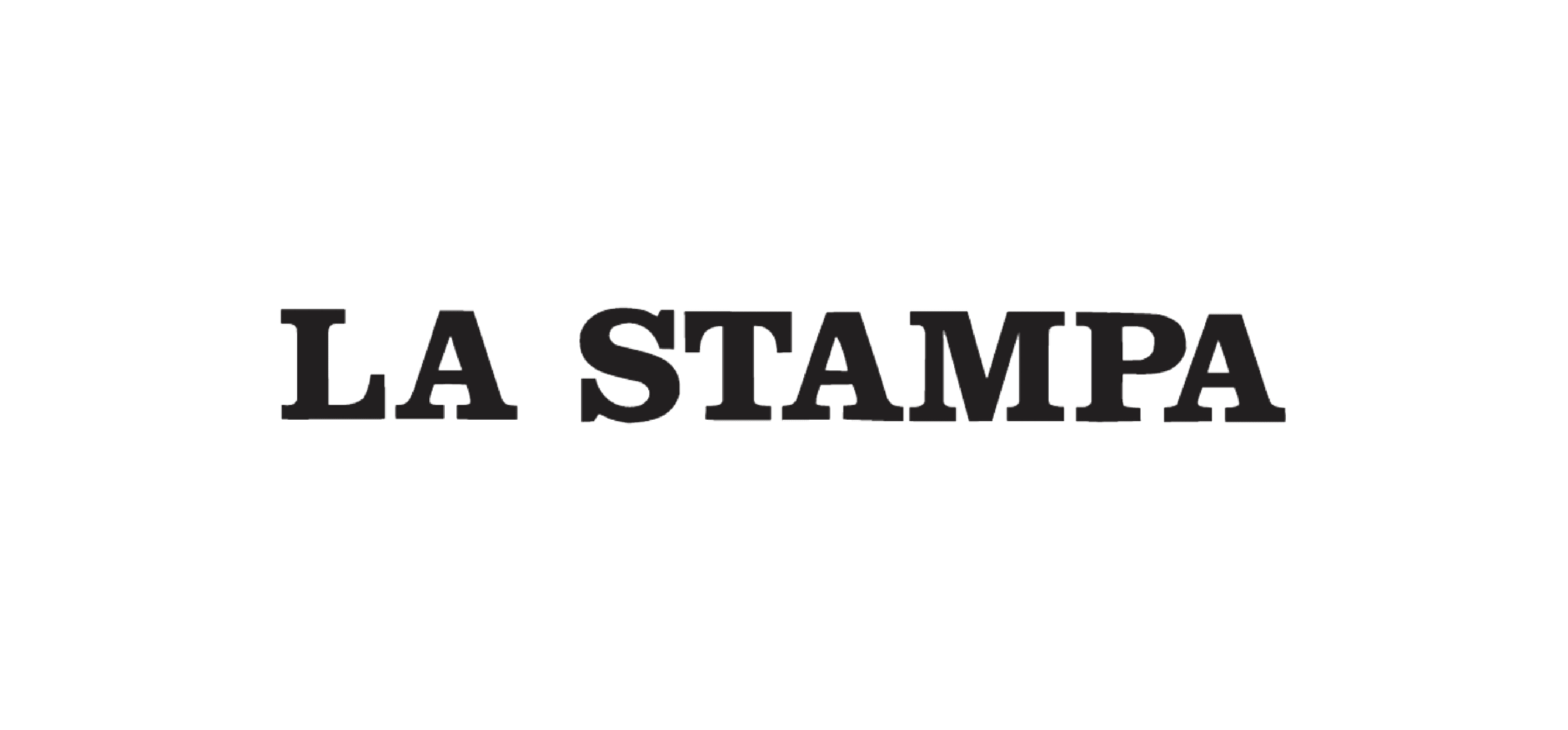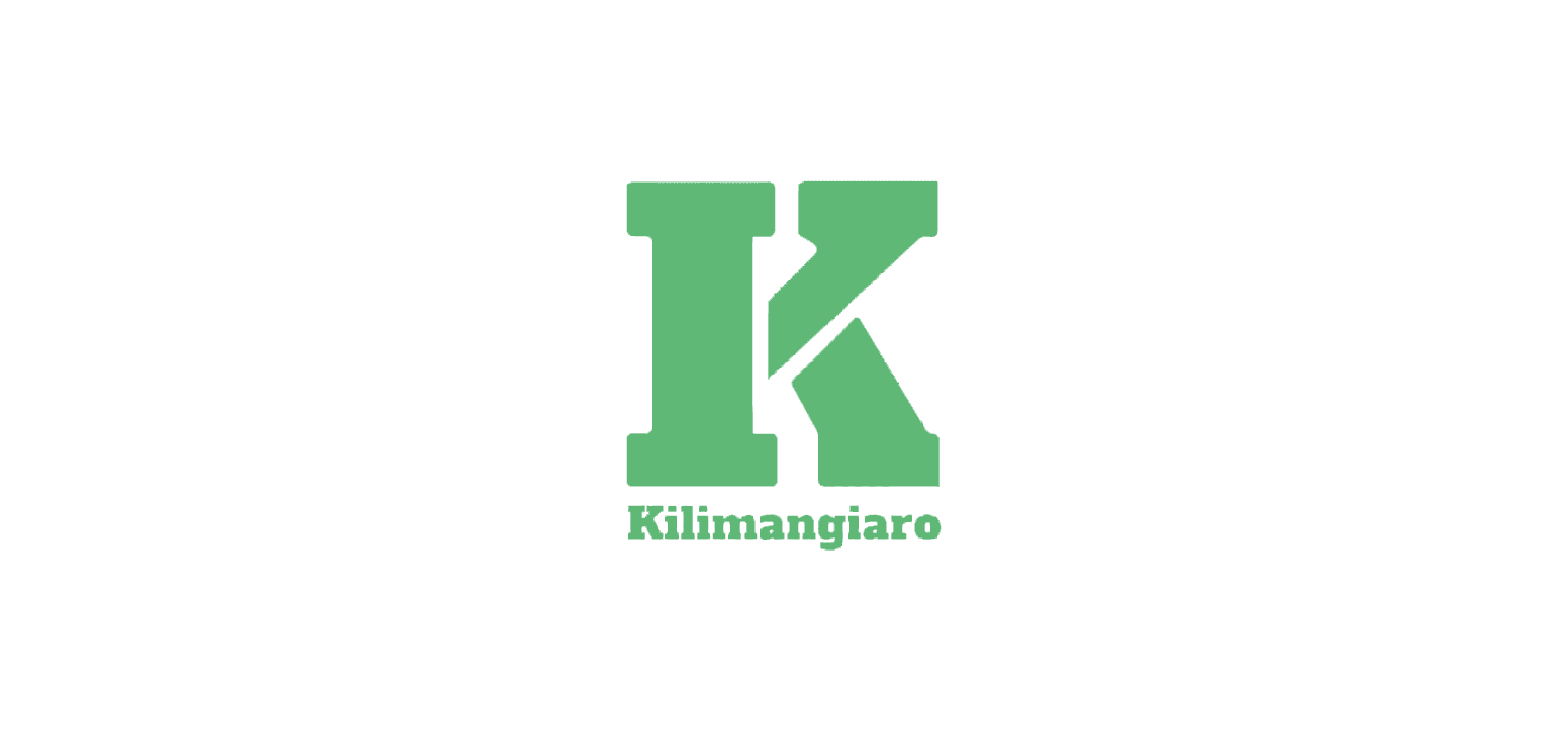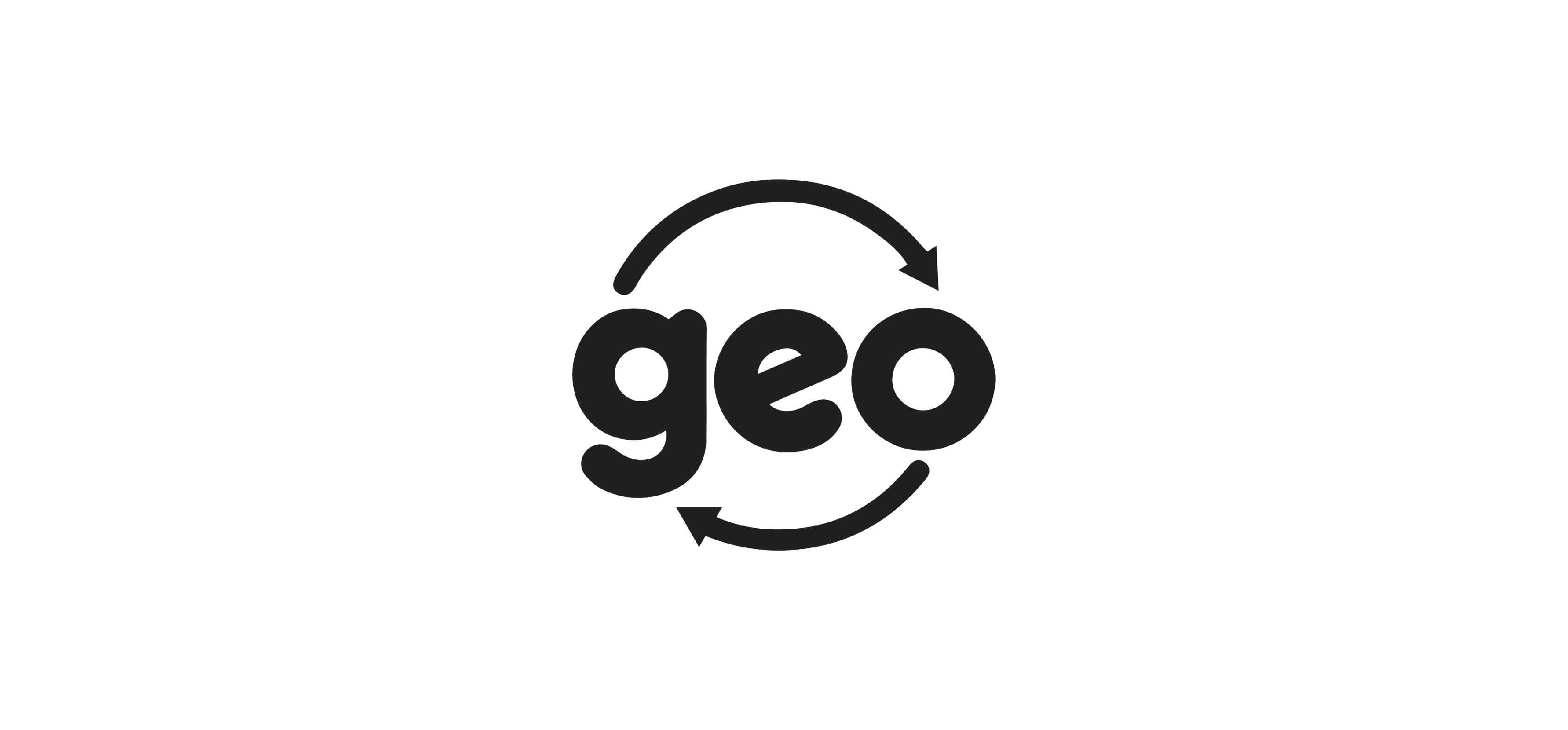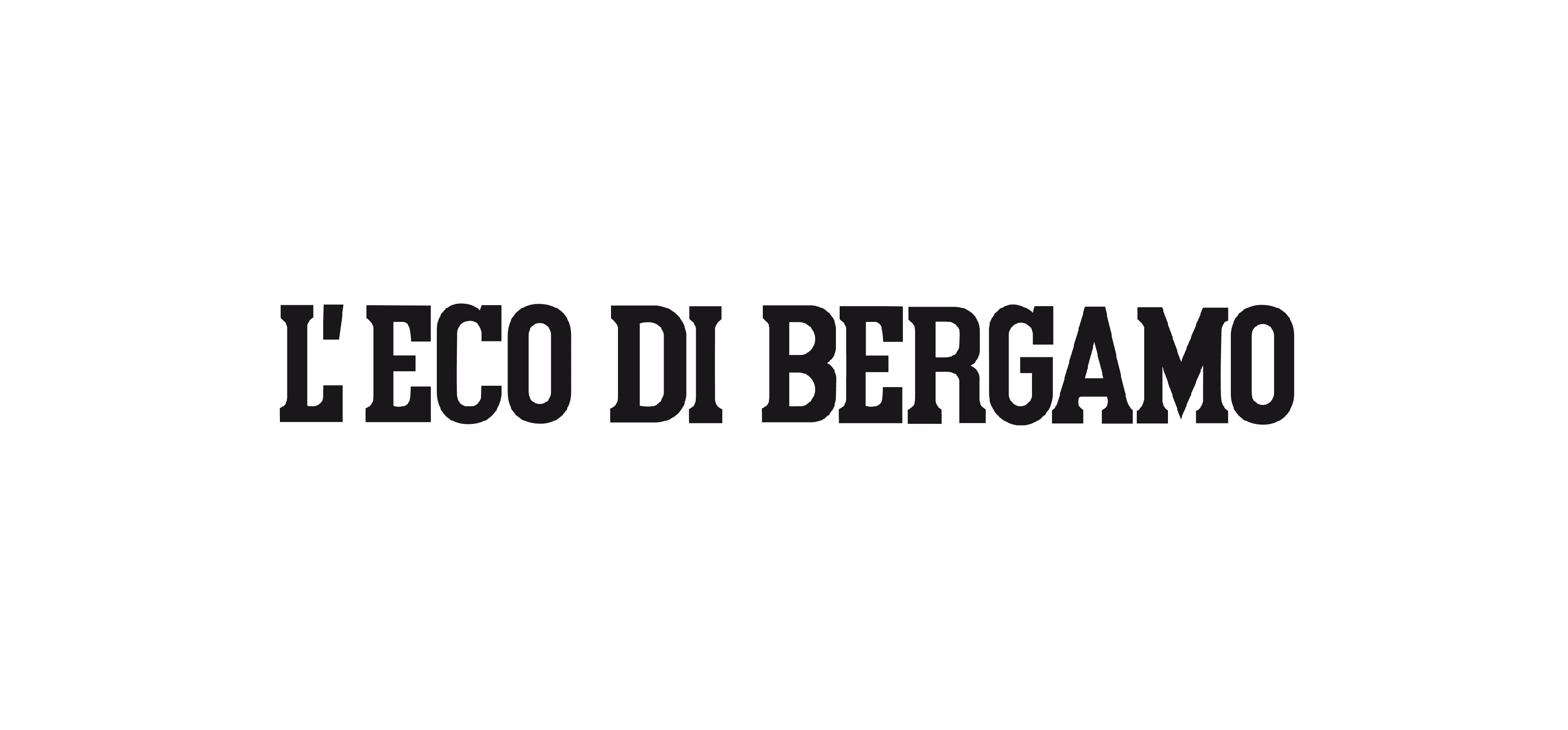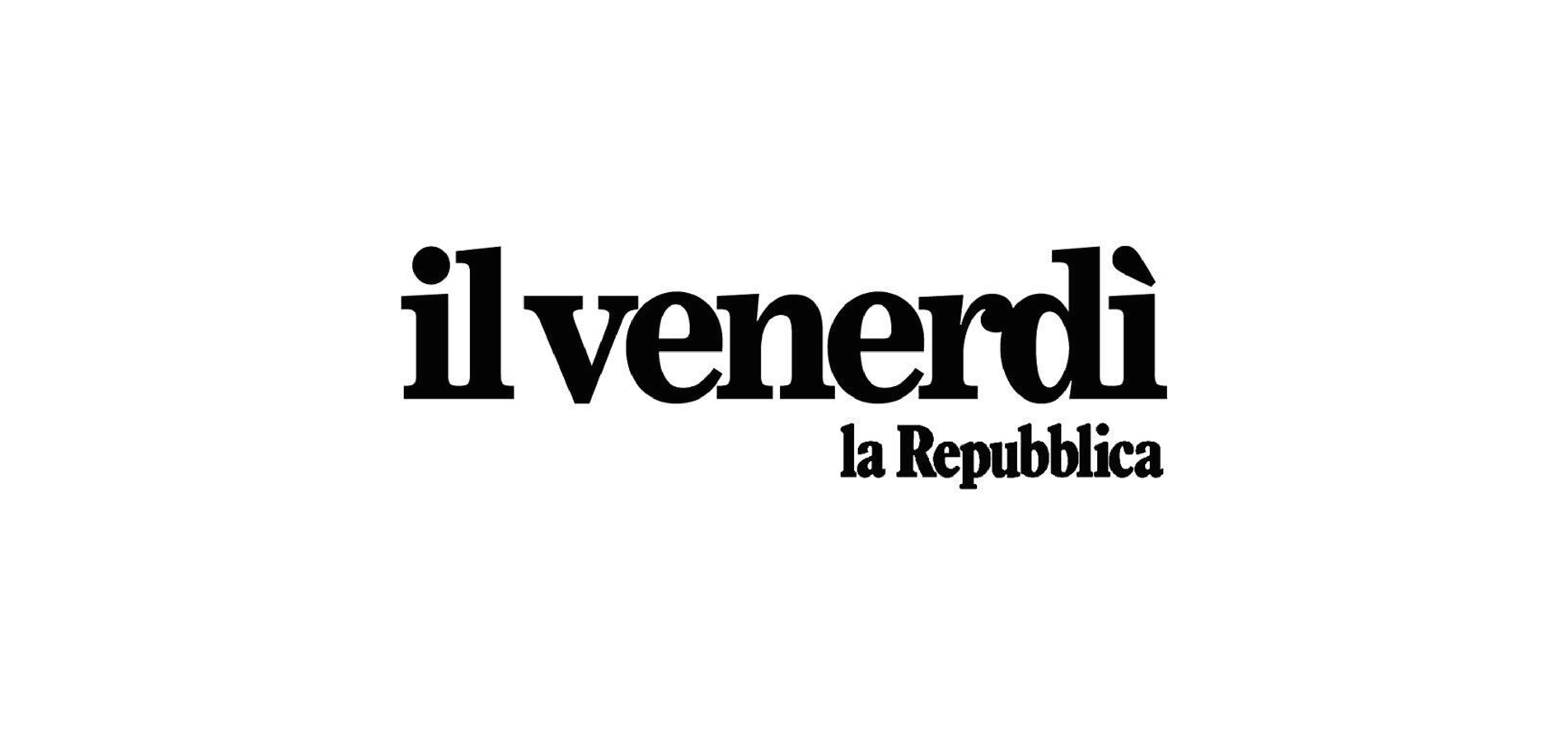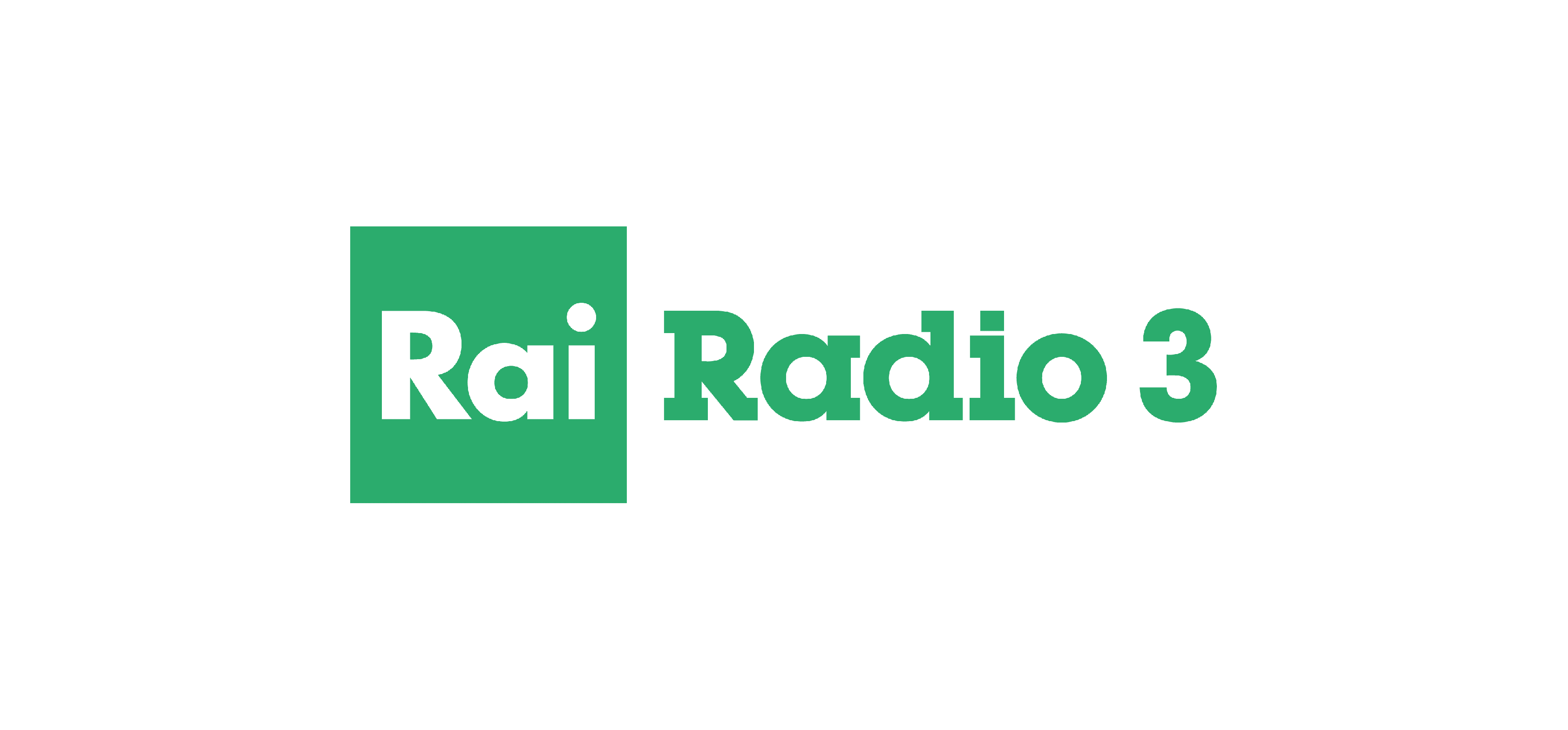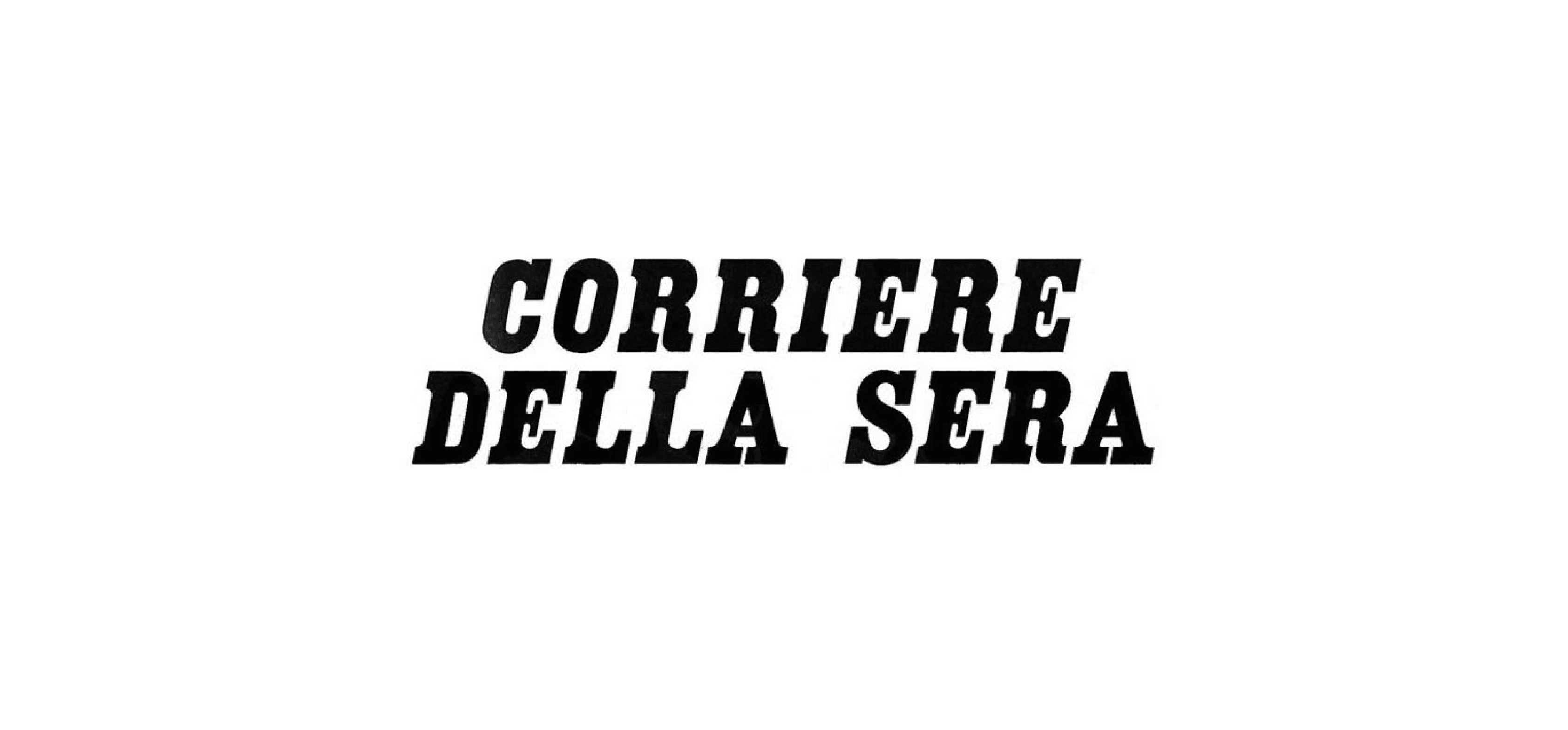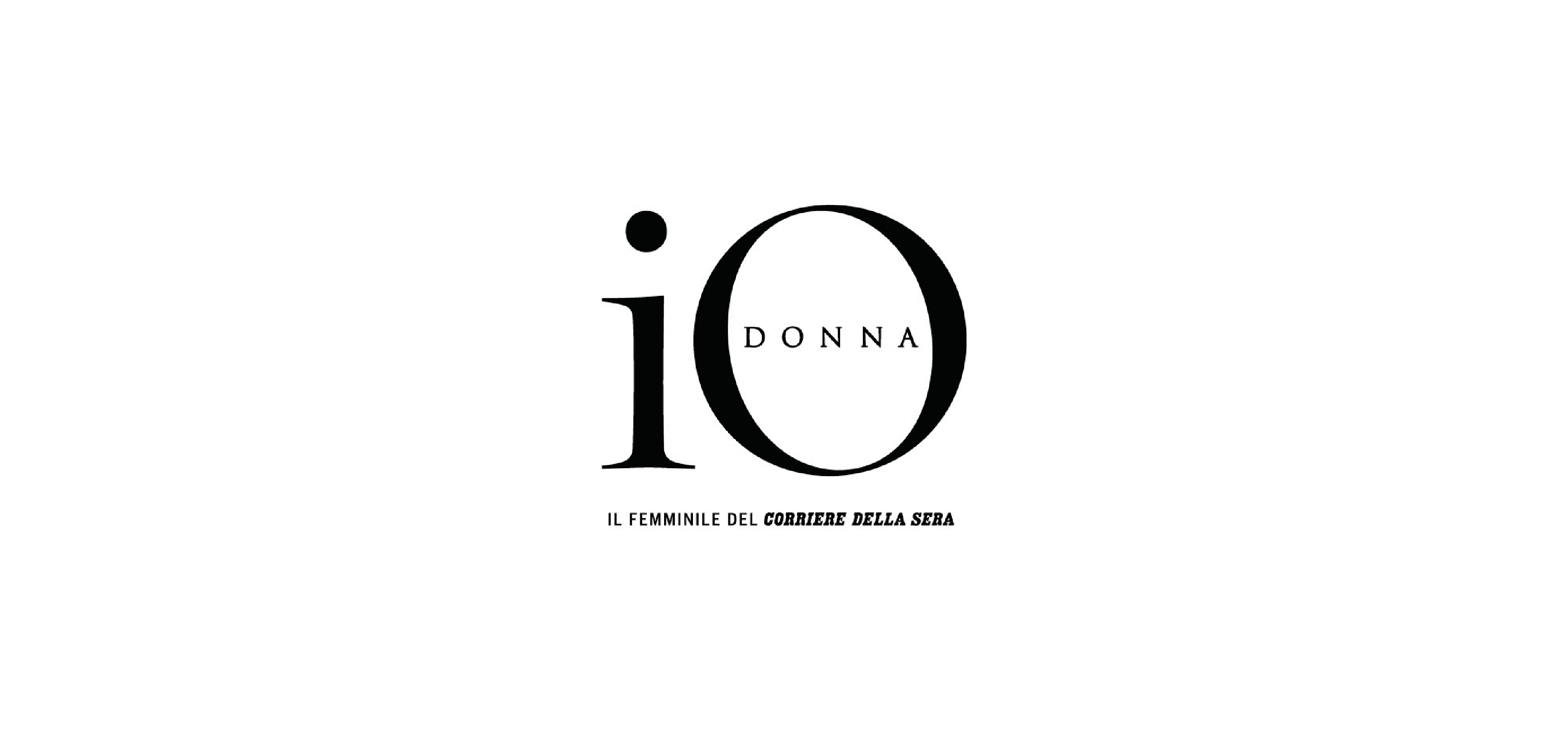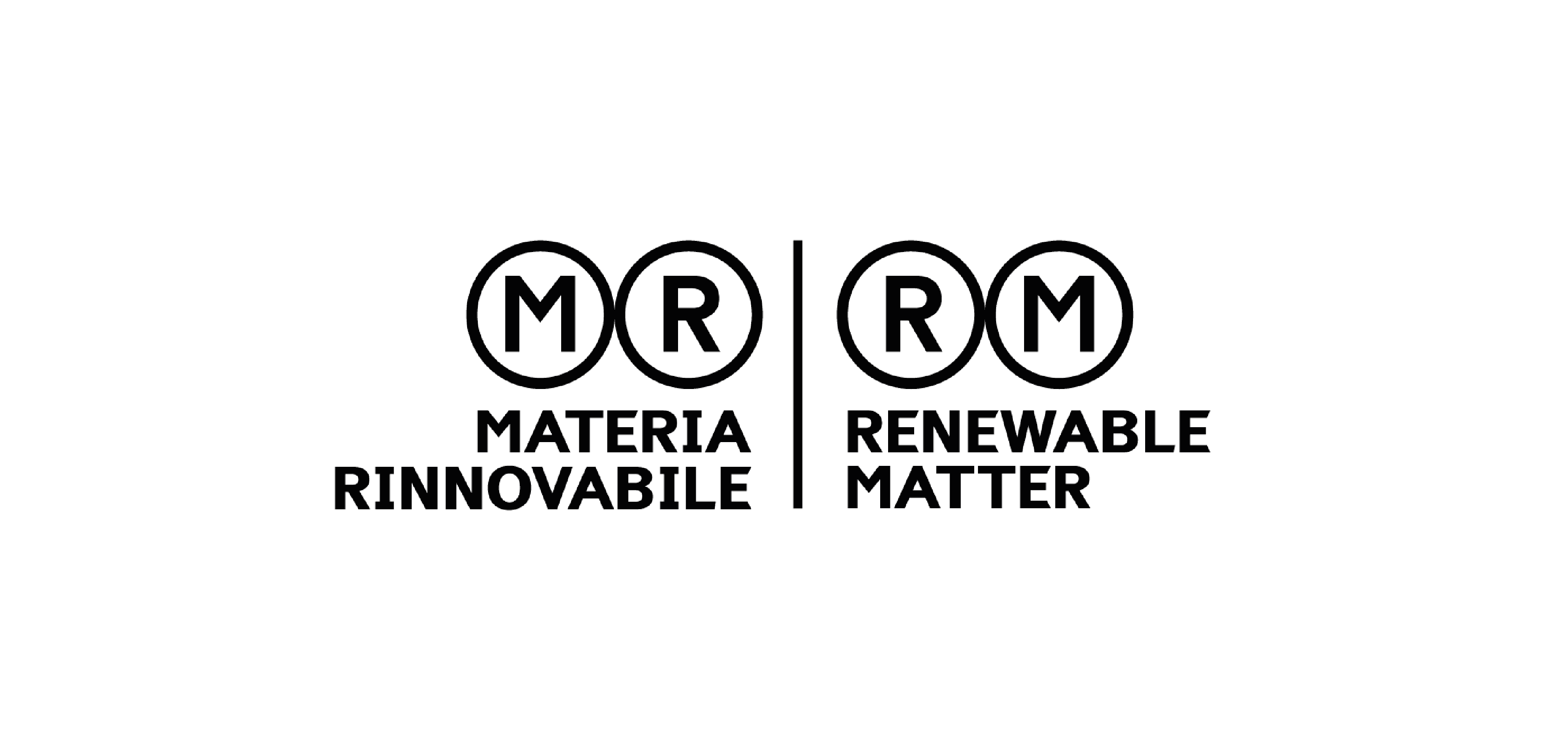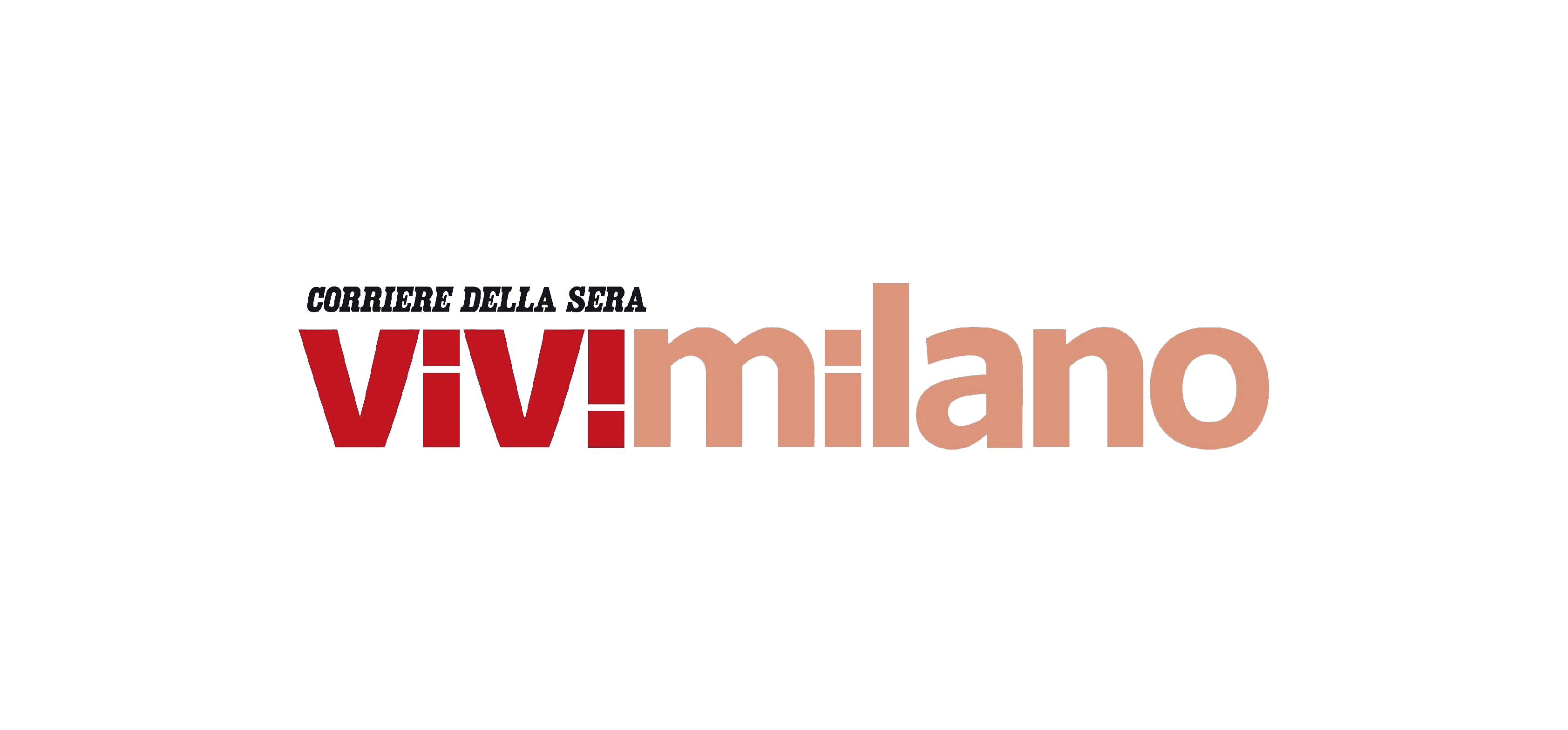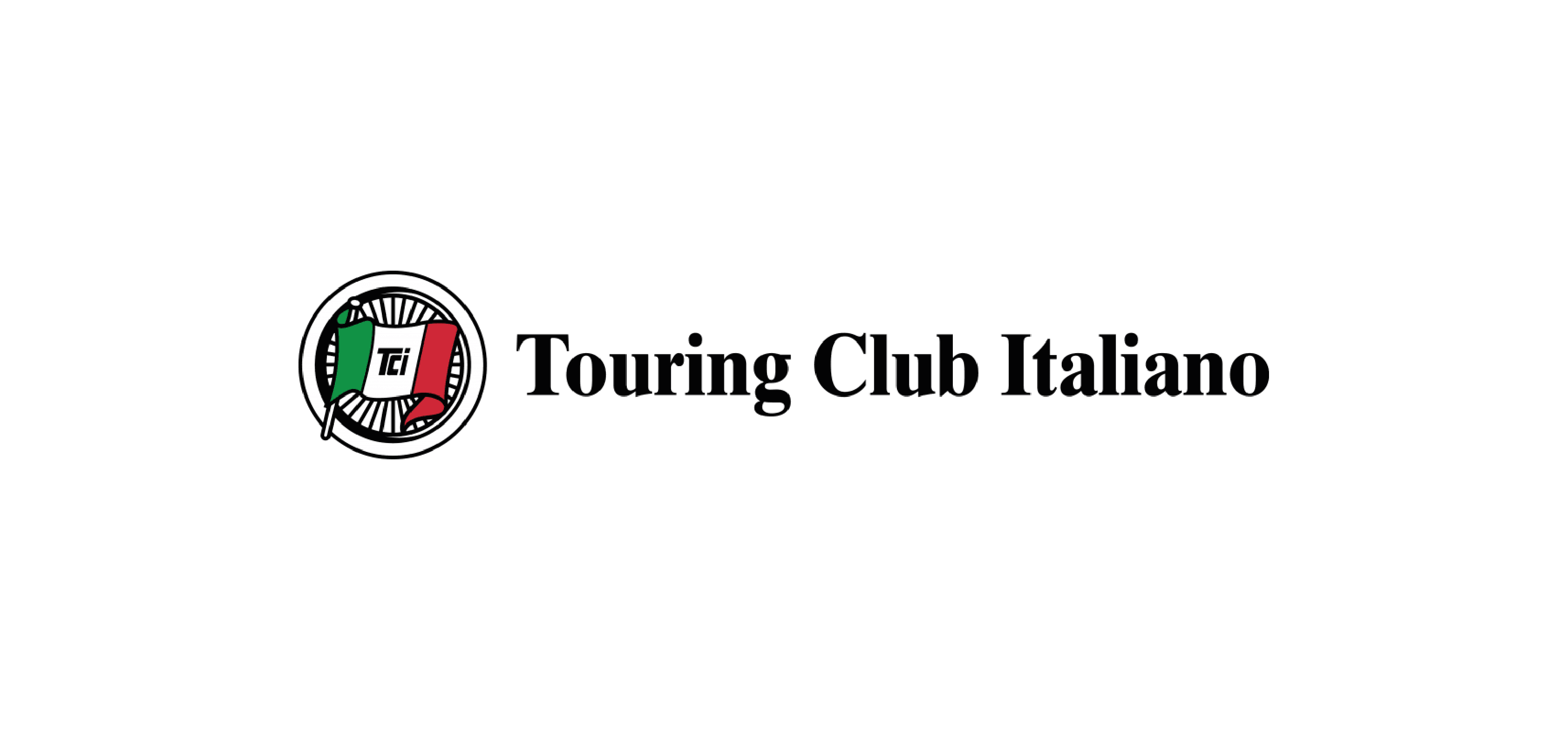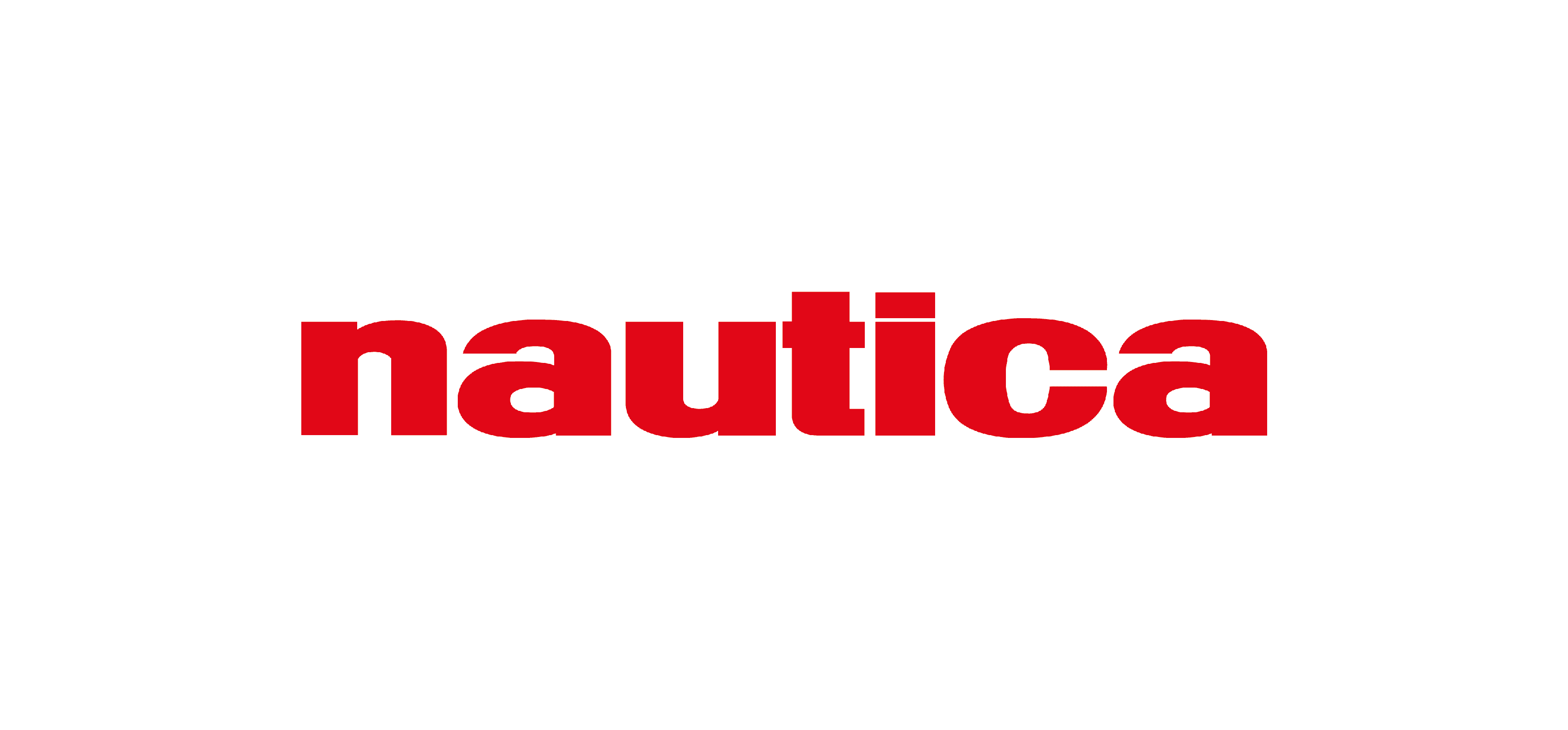One Ocean Foundation
Protecting the ocean and promoting marine conservation through blue economy

About us
Accelerating solutions to ocean issues by inspiring international leaders, institutions, companies, and people
At One Ocean Foundation, we are at the forefront of blue change, acting as a unifying platform to amplify collaborative efforts for ocean conservation.
*data updated at june 2025

Blue Economy
Understanding the Blue Economy and its importance
Our approach
Our 3-phase approach to ocean conservation
Measure and disclose companies’ impact on marine ecosystems.
Define key challenges and establish measurable sustainability goals.
Take concrete actions and implement solutions to safeguard the ocean.
Discover our 3 phases-Approach
Areas of impact
Defining where to make an impact
We prioritize key areas that influence ocean health. Aligned with the UN Sustainable Development Goals, our initiatives encompass coastal protection, education, biodiversity conservation, and more.
Biodiversity
Protect and restore marine life
Coastal Protection
Strengthen coastal resilience
Blue Carbon
Enhance the ocean’s carbon storage
Education & Awareness
Foster a culture of ocean stewardship
Marine Pollution
Prevent and study ocean contamination
Industry Awareness
Fostering environmental responsibility across industries
1/6
SDG
Our commitment to the Sustainable Development Goals
We actively contribute to the achievement of the Sustainable Development Goals (SDGs) promoted by the United Nations through impact projects, awareness-raising activities, scientific research, and strategic partnerships.
13. Climate Action
We study the impact of climate change on the ocean and promote actions to mitigate its effects.
14. Life below water
This is the core of our mission. Safeguarding ocean health is our top priority.
15. Life on land
We recognize the interconnection between terrestrial and marine environments, and we act to protect biodiversity in all its forms.
17. Partnerships for the Goals
We believe in the power of collaboration among public institutions, the private sector, the scientific community, and civil society to generate real impact.
4. Quality Education
We promote environmental awareness and ocean literacy among younger generations.
8. Decent Work and Economic Growth
We support a regenerative blue economy by fostering skills, innovation, and employment linked to ocean protection.
11. Sustainable Cities and Communities
We collaborate with local institutions to integrate marine ecosystem preservation into urban and coastal development.
Explore our impactful projects
Explore our impactful projects
We offer a portfolio of high-impact projects that enable businesses and individuals to actively contribute to ocean conservation.
From restoring marine biodiversity to reducing pollution, we ensure that your commitments drive real, measurable environmental benefits.
Blue Forest
Protecting and restoring marine forests worldwide, through on-field activites, implementation of innovative technologies, partnerships with local and international stakeholders
The sea starts here
A project to investigate the health status of glaciers and the interconnection with marine ecosystems, highlighting the global spread of pollution
Canyon of Caprera
Multiple research activities in the Canyon of Caprera area to increase knowledge of marine mammal species and ensure the protection of this biodiversity hopespot
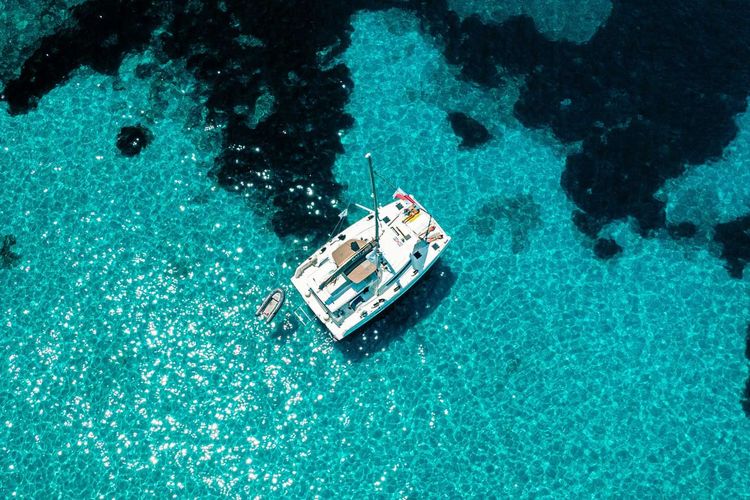
M.A.R.E.
In collaboration with Centro Velico Caprera Foundation, a project to monitor the health of the Mediterraneas sea
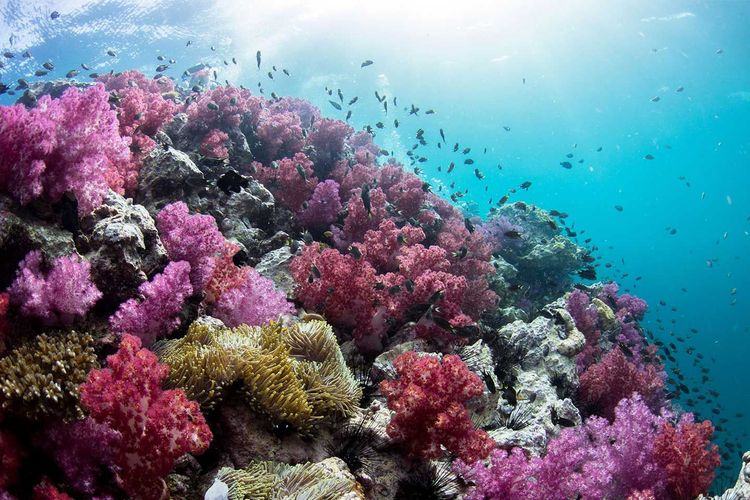
Effective
The European project dedicated to protecting and restoring the Mediterranean Blue Capital
Dune 360°
Project that aims to protect the dune ecosystem along the coastline
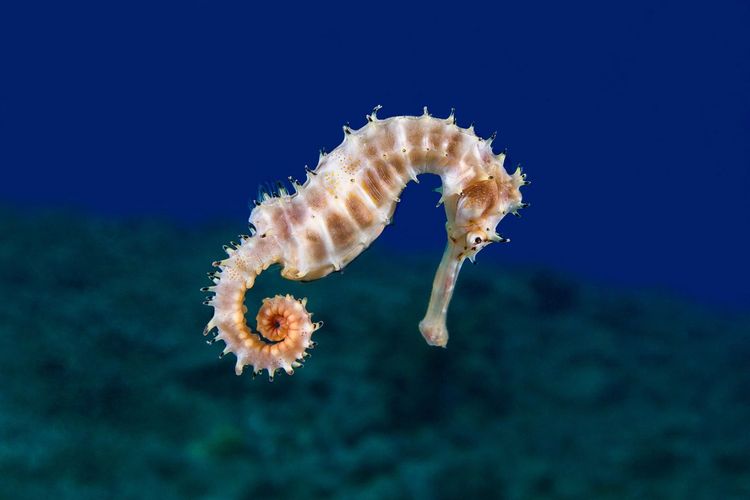
Seahorse hotel
A project for the protec-on and repopula-on of seahorses in the Mar Piccolo of Taranto through new ar-ficial habitats made of stone-wool
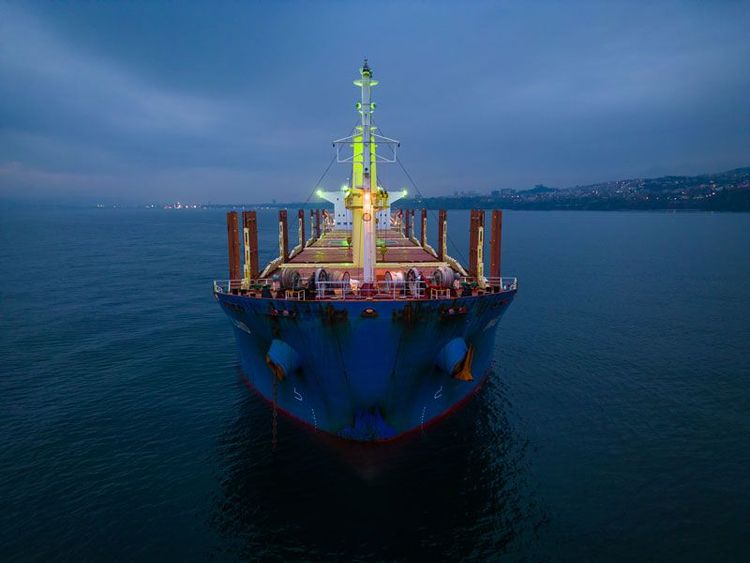
Ocean Impact Initiative
Resources
Discover our latest resources
Our events
One Ocean Foundation events
Increasing awareness of the most urgent environmental issues and sharing the results of our scientific research by organizing events open to the entire community.
No events available at the moment
